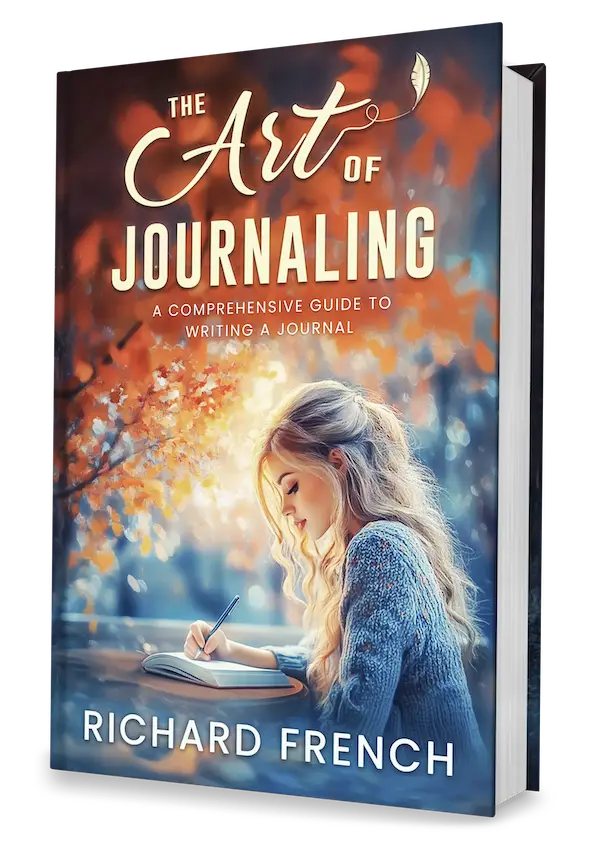Researchers at the University of Rochester conducted recent studies which revealed an exciting pattern: Individuals who use ChatGPT prompts for journaling activities show a 47% increased participation in self-reflection compared to those who practice traditional journaling without prompts. The focus is not simply on writing more but on using AI-guided reflection to discover profound self-knowledge. Through the implementation of ChatGPT prompts for journaling, individuals can develop a better structured and more insightful practice.
Understanding ChatGPT’s Role in Journaling
ChatGPT is like having a journaling buddy. It does not get tired of asking you some very meaningful questions or assisting you in the process of discovering new ideas. On the contrary, dynamic prompts from ChatGPT are not fixed as are the static prompts from a book or website, rather it adapts its suggestions according to your responses thus offering a dynamic journaling experience that is learning to a certain extent from your entries. Journaling in the traditional manner can become monotonous and can only provide a general view of the reflections. AI assistance helps to break the monotony of these patterns and to invite in new and unexpected questions. For instance, instead of asking, for instance, “How was your day?” ChatGPT might ask:
“Picture yourself as a wise observer watching your day unfold. What patterns or moments would catch your attention? Which decisions reflected your core values?” It is this shift in perspective that can sometimes provide a more significant understanding.
Essential ChatGPT Prompts for Daily Reflection
Here’s an example of how to use ChatGPT prompts for morning reflection:
Prompt: “I’d like to set intentions for today. Can you guide me through a reflection that considers my energy levels, priorities, and potential challenges?”
ChatGPT might respond: “Let’s explore your day ahead:
- Notice your energy level right now on a scale of 1-10. What’s influencing that number?
- What one task, if completed, would make today feel worthwhile?
- Picture your best possible day—what small steps could lead you there?”
The evening reflection approach is a little different.
ChatGPT might ask: “Looking back on your day, identify three moments that sparked different emotions. Describe each moment and explore why it affected you the way it did.”
The prompts support both formal reflection and emotional dexterity activities to ensure effective journaling practices.
Advanced Techniques for Deeper Self-Discovery
The real magic happens when you create conversation chains with ChatGPT. Here’s an example:
You: I want to explore my career satisfaction more deeply.
ChatGPT: Think about a recent workday that felt particularly fulfilling. What elements made it special?
You: [After responding about a successful project presentation]
ChatGPT: Interesting! Let’s dig deeper. Beyond the presentation’s success, what aspects of preparing and delivering it energized you? How do these elements align with your natural strengths?
The back and forth of conversation while sharing in a state of heightened consciousness creates a natural flow of discovery that can provide insights that you might miss with traditional journaling.

Leveraging AI for Pattern Recognition and Insights
ChatGPT’s unique strength lies in its capacity to assist with discovering patterns from your journal entries.
Send the following request: “I’ve noticed I often feel stressed on Wednesdays. Can you help me create questions to understand this pattern better?”
ChatGPT might suggest:
- “What typically happens on Tuesday nights that might affect your Wednesday morning?”
- “How do your Wednesday routines differ from other weekdays?”
- “When was the last Wednesday that felt energizing instead of stressful?”
These targeted questions help uncover hidden patterns and potential solutions.
Customizing Prompts for Specific Life Areas
Different aspects of life require different approaches. Here are some effective ChatGPT prompts for journaling about specific areas. For career reflection, you might use:
“Help me reflect on my professional growth this quarter by exploring three areas: skills development, relationship building, and personal satisfaction.”
For relationships:
“Guide me through examining how I show up in my closest relationships, focusing on my communication patterns and emotional responses.”
Best Practices and Common Pitfalls
When using ChatGPT prompts for journaling, privacy remains essential. Keep these guidelines in mind:
- Never share identifying details in your prompts
- Focus on patterns and emotions rather than specific names or places
- Save your personal reflections in a private document rather than the chat interface
To avoid shallow responses, ask follow-up questions that probe deeper. If ChatGPT suggests “What made you happy today?” you might modify it to “What moments today aligned with your personal values, and why did they matter?”
Leveraging AI for Pattern Recognition and Insights
AI excels at helping identify patterns that might escape our notice. Share a few journal entries with ChatGPT and ask:
“What themes or patterns do you notice in how I approach challenges?”
The AI might highlight recurring themes like:
- Your tendency to find creative solutions under pressure
- A pattern of seeking advice before making big decisions
- How your energy levels influence your problem-solving approach
Conclusion
The combination of modern technology with the timeless practice of personal reflection allows for new paths to self-discovery when using ChatGPT prompts for journaling. Through ChatGPT journaling prompts, people can develop more meaningful and consistent self-reflection practices. Begin with one morning reflection prompt and develop your practice as you learn what works best for you. The objective is to enrich your traditional journaling practice by highlighing new ways of self-understanding that progress with your personal journey. Start your self-reflection practice now and watch how it develops.
Ready to take your journaling practice even further? Explore Richard French’s comprehensive guides: “Write Your Way” for mastering the craft of personal journaling and “The Art of Journaling” for deeper insights into journaling techniques.







